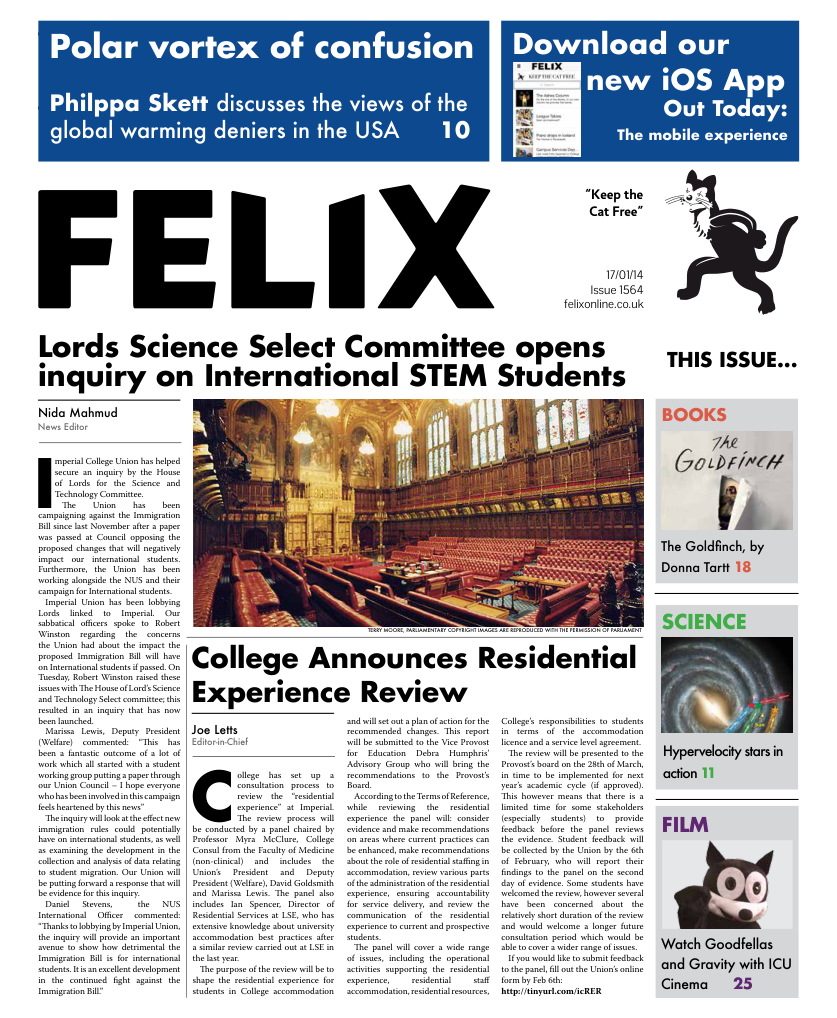Funding for poorest students threatened
Government refuses to rule out cuts to the Student Opportunity Allocation fund

An influential higher education think-tank has accused the government of betraying its commitment to social mobility by planning to cut funds given to universities as an incentive to attract students from financially disadvantaged backgrounds. Million+, a group of 22 British universities, claims that recent spending reviews indicate that the government plans to reduce the Student Opportunity Allocation fund, which is paid to universities in proportion to how many students from poorer households that they accept, by almost £200 million – slashing the fund by more than half. The fund – together with other schemes such as the National Scholarship Programme, which has also faced recent cuts – is used by universities to run both outreach events and schemes to help those students who are most at risk of dropping out of university.
Giving evidence to the Business, Innovation and Skills Committee this Tuesday, David Willetts, Minister of State for Universities and Science, stressed that while “it’s very important that we spend on access” he could not rule out any cuts. This is despite a recent joint report by million+ and the National Education Opportunities Network (NEON), concluding that: “Student Opportunity funding serves as an investment in the nation’s talent and future workforce, arguably the most important part of the country’s infrastructure, and that cutting the Student Opportunity allocation would, therefore, be an entirely false economy”.
Rumours of the cuts have lead to widespread criticism. In a statement, Dr Graeme Atherton, Director of NEON, said: “Student Opportunity funding is an efficient source of finance that follows the student in an ecosystem that gets results, improves the UK’s economic competitiveness and offers a long term return on investment to the Treasury. Any move to reduce or replace Student Opportunity funding would result in a less effective system and leave both individuals and taxpayers worse off over the long term.” Pam Tatlow, Chief Executive of Million+, added: “To lose this funding would be a real disaster, especially since the withdrawal of £100 million from the National Scholarship Programme a year early. It appears that the universities who are doing most of the heavy lifting in social mobility are the ones paying the price for the expansion of student numbers.”
This was a view shared by Professor Michael Gunn, Chair of Million+ and Vice Chancellor of Staffordshire University, who added: “Any move to reduce this successful area of funding would cast doubt on the sincerity of politicians who, while supporting social mobility in speeches, would in practice be cutting funds that make a difference.”
In a letter to the Business Secretary, Vince Cable – whose department is responsible for higher education – the National Union of Students expressed “strong opposition to any such cut in public funding”. The letter says that: “in the wake of cuts to the National Scholarship Programme any such cut to the Student Opportunity fund would be read as a backtracking of the government’s commitments to supporting social mobility in favour of backfilling the budgetary hole caused by a blank cheque written to private providers”. It goes on to ask for official “assurance that [the Government] will think again before decimating the capability of the sector to support students from poorer backgrounds.”
The final funding allocation will be announced later this month in Cable’s annual grant letter to the Higher Education Funding Council for England.








